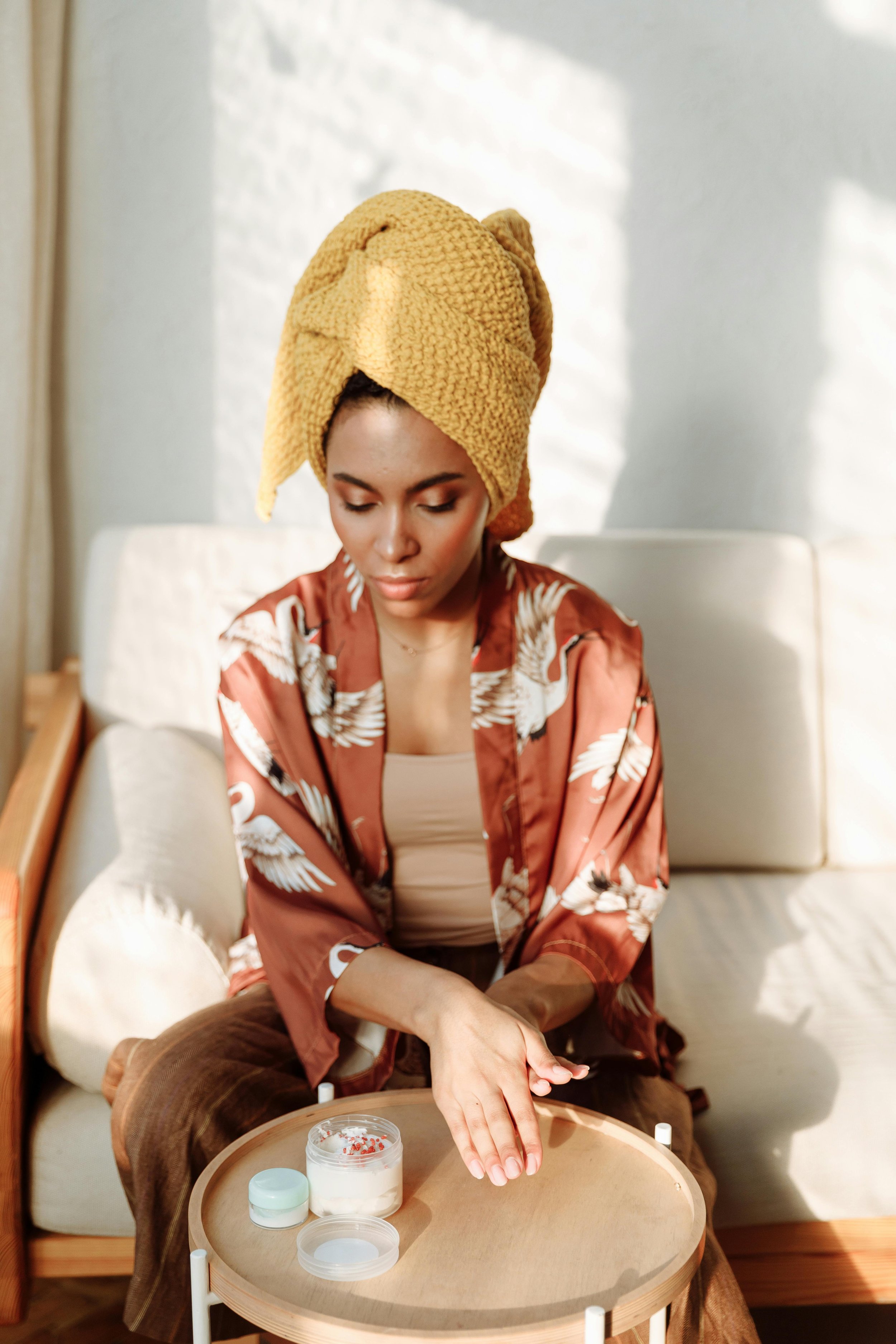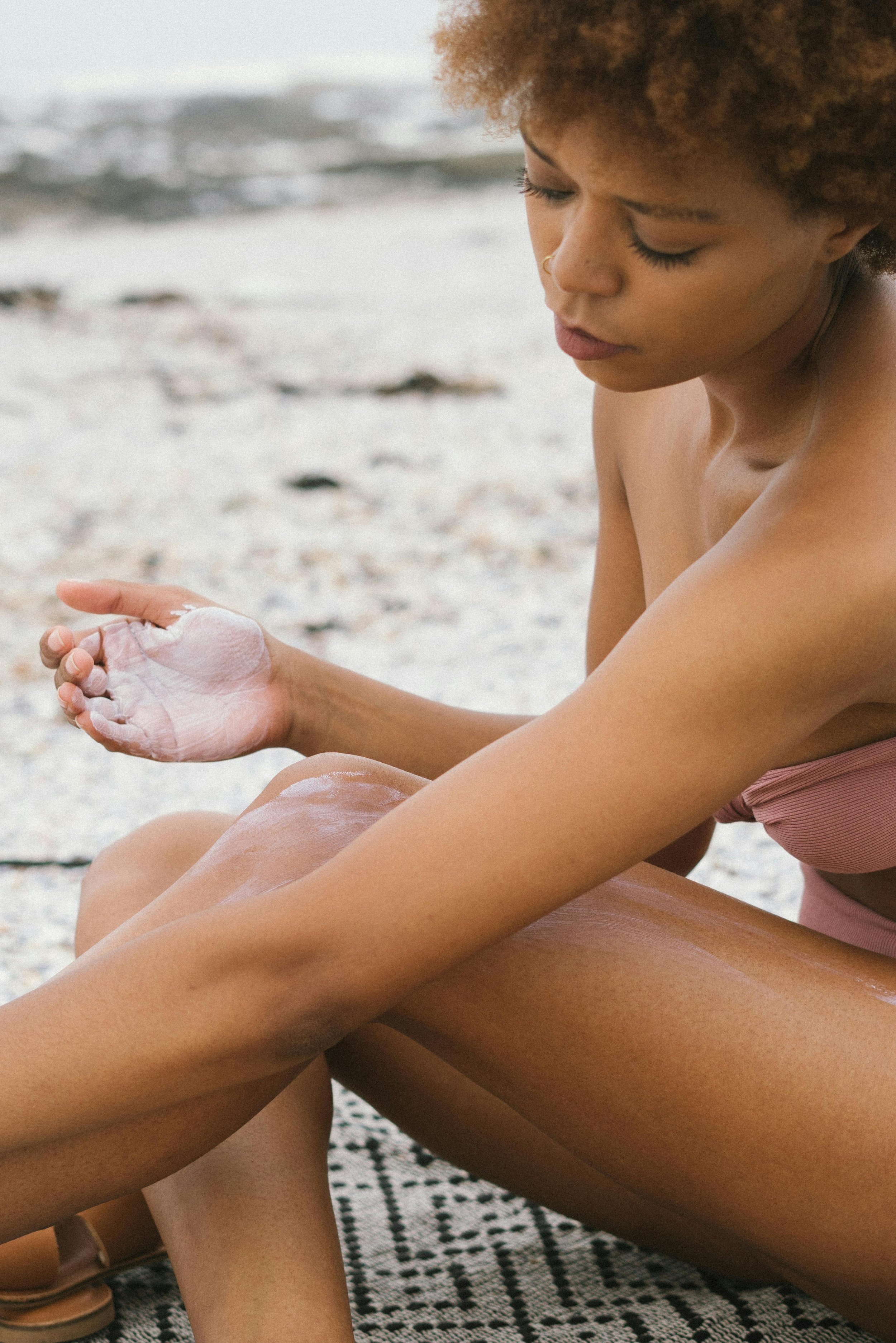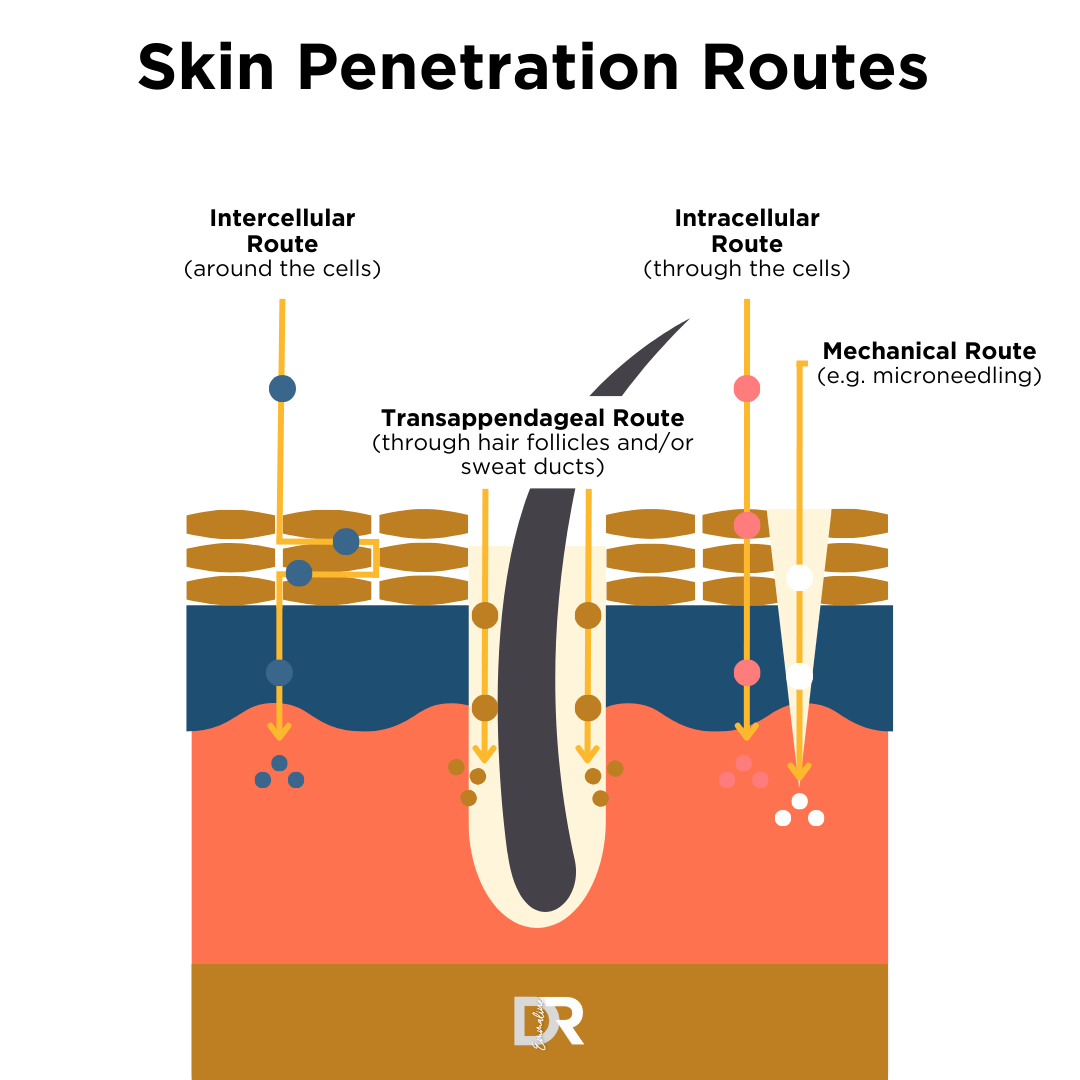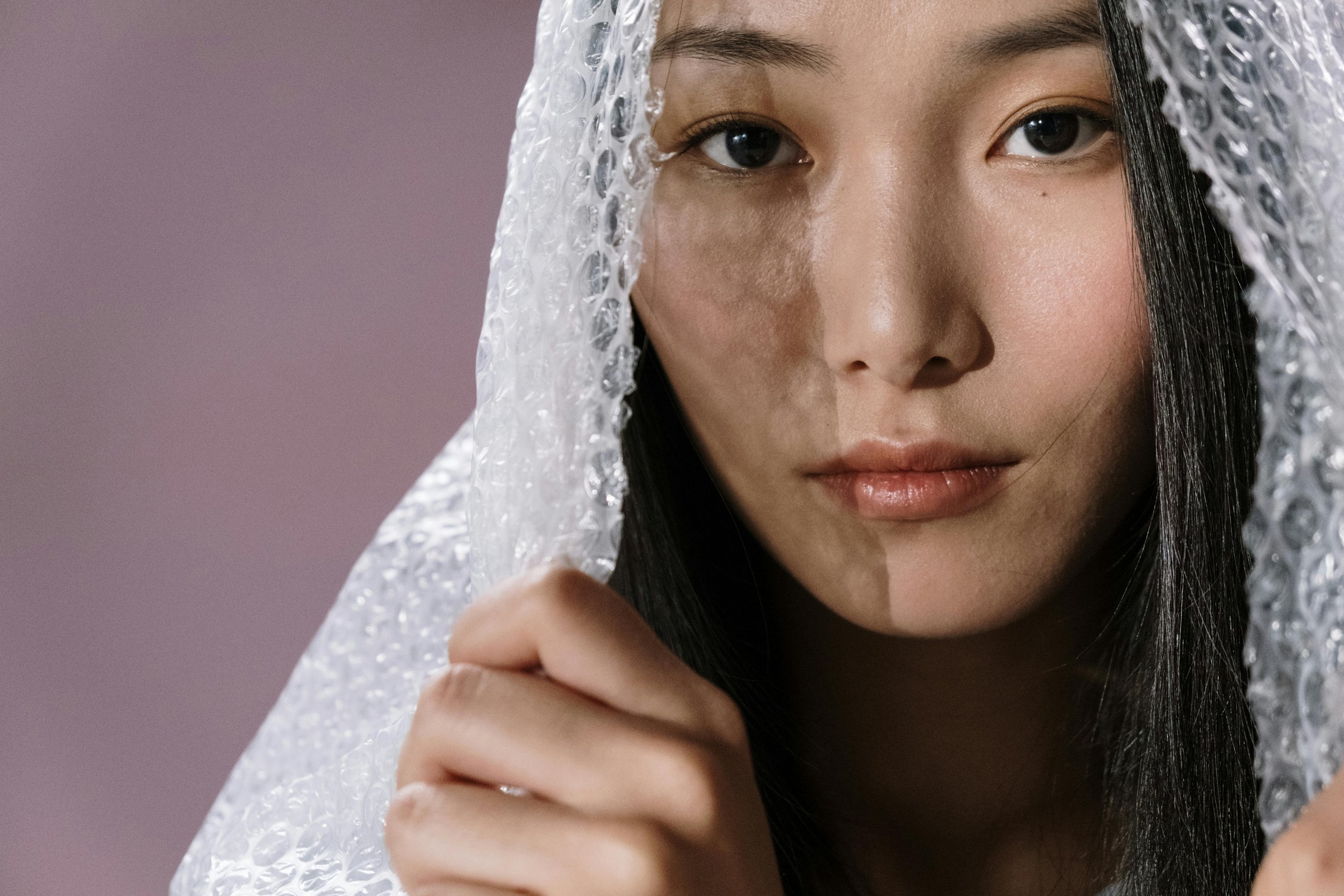The Anatomy of a Great Skincare Routine: Let’s Learn the Basics
When I first became more and more interested in the world of skincare, I took one look at all the products and routines out there and I was baffled. Why was it so complicated? Why is everyone saying something different? How do I cut through all the noise and just get down to the basics?
Well, we have done just that for you.
We’re going to outline the basics of a good skincare routine for you, and explain the importance of each step.
We’re also going to give you some golden nuggets that I wish someone had taught me from day one and cover some of the most frequently asked questions that I tend to get.
Sound good? Let’s get started!
Skincare Routines 101
Let’s get this out of the way - I love, use, and recommend medical-grade skincare. I have explained it in detail here. It is sometimes (not always) more expensive, but that is usually because the money has been put into research (not advertising!). I have seen phenomenal results for myself and in patients for the brands that I use. However, I acknowledge it is not the end-all and be-all of skincare, and there are lots of great products out there.
The most important thing is to know your own skin, understand a little bit about the biology, and find a routine that works for you. This means you don’t copy anyone else’s skincare routine, you don’t listen to celebrity endorsements, and if you have questions - get unbiased advice from a medical professional!
How to order and layer your skincare products
Okay, you’ve picked out your products or you’ve been given a skincare regime from your aesthetic practitioner, and you’re so excited to go home and try out all these great products.
You’ve got your lotions and potions set out in front of you, you cleanse your skin, and then you reach for the next bottle and pause.
Wait, what next?
Maybe your skincare specialist forgot to go through the steps with you - maybe they went through the steps, but you’ve already forgotten what order it all goes in.
Don’t worry.
Here is an outline of some of the most common products included in a skincare routine (with the caveat that a general template should always be adjusted to your specific needs!)
The most common beginner mistakes we’ve all made
That routine looks very sophisticated and complicated right?
Well - this is the problem of trying to create a general, one-size-fits all template. I have seen charts similar to the above, found them very useful when getting started, but they also can lead you to making some classic mistakes.
Mistakes like:
Mistake #1: Too many products
We have all been guilty of this. There are so many amazing products out there, and often we can get excited about something that’s shiny and new. Before we know it, we’ve decided, “I want to try this, and this, and this, and this.”
Okay, slow down.
Less is more, and you can definitely overuse skin products or pile on more than you need. If you want to try something new that’s great and I encourage it, but don’t just shoehorn it into your existing routine if it doesn’t belong there. If you’re adding something in, go through your routine and see if it’s replacing something that can be removed. If you’re not sure, ask your skincare specialist and they might be able to help you.
If you are adding in new products, also don’t add in multiple products at once - then you can’t tell what is working and what isn’t (like having too many variables in an experiment!). Add in only one product at a time so you can more accurately assess if it is doing anything for your skin.
And always check in periodically with your skincare routine - have you made it more complicated than it needs to be? Sometimes we see someone explain their ten step beauty routine and we think, wow, that’s intense so it must really work? Not true.
Mistake #2: A really complicated routine is better, right?
It does not need to be complicated. This is what everyone needs, and for some it may be all you need:
Cleanser
Most of us only need to cleanse once or twice a day (often at the end of the day only!) This removes any environmental irritants or excess oil you’ve accumulated over the day. Make sure you are not over-cleansing and stripping your skin of its natural, protective lipid layer. Always be aware of how your skin feels after cleansing - if it is tight or uncomfortable, you may be overdoing it!
Moisturiser
I love a good moisturiser, but I recognise that in an ideal world, our skin should be able to manage its own balance and keep itself moisturised. However, dry skin is a common problem and most of us suffer from a bit of dryness somewhere. To make sure you are selecting the best and most appropriate products for your skin, you can get help and advice from a skincare specialist.
SPF
SPF is a must for me! Wear it every day. Yes, every day, even if you don’t think it is particularly sunny. UV radiation and damage from the sun is the number one extrinsic factor in ageing our skin (not to mention exposure increasing our risk of skin cancers. I saw countless of these while working in plastic surgery, and it’s fair to say that much of it could have been avoided with good use of sun protection.) If you want a little more detail, check out our SPF FAQ on our Sun Damage page here.
Also, just be aware that even if you have SPF in your make-up, it is not even close to enough to provide any meaningful protection. This is something I had no idea of until I began my work and study in aesthetic medicine, and I felt duped as I always thought I was being vigilant with a little SPF in my foundation.
So those are the big three: cleanse, moisturise, and wear sun protection.
Yes, that’s it!
Now, if you are focused on anti-ageing (and not everyone is), then I would recommend that your routine includes this following:
Retinoids (get all the info you would need to know about it here)
A retinoid is the holy grail in anti-ageing and has the most research behind its use. I personally would encourage you to consider incorporating it into your routine if your goals are protecting and preserving youthful skin.
Now there are so many other amazing skincare ingredients, (like favourite Vitamin C, the hydroxy acids, etc), however you don’t automatically have to put all of these into your routine from day one!
I recommend to start slow with the four products above, and then depending on your individual skincare needs and goals, move forward.
When formulating your skincare routine, be realistic about what you can commit to.
There’s no point in spending money buying products you won’t use. Remember - consistency is key! Are you willing to spend ages in the morning and every night doing a complicated routine, or will you skip it half the time? I am pretty low-maintenance, and I found that my consistency was almost non-existent until I really slimmed down to the essentials.
Mistake #3: Buying into marketing buzzwords
This is definitely a pet peeve of mine because I think it’s important to be transparent. There are certain marketing buzzwords that are thrown around and that sound great, but they actually mean nothing. Let’s just have a brief rundown of the most common (and worst) offenders!
It is important to know that a lot of common terms used in skincare products are unregulated (this does also include “medical-grade” or “clinical strength” skincare - again, you can read how to differentiate between the real stuff and the copycats here). That means you can put the label on the bottle, but there is no legal requirement or standard you need to meet to say that you fulfill what you say.
Organic - “organic” is the first on our ‘not a regulated term’ list. It is not specifically defined under EU regulation and there is no legal requirement to back up a claim of being organic in the way it is produced. I’m going to say something controversial here, but even if something is “organic,” there is also no evidence that being “organic” gives any clinical benefit to you or your skin.
I repeat, no studies that show that organic skin products are safer, or better. They do tend to be more expensive, however.
Natural - Natural is another very meaningless term. What does it mean to say this is a “natural product?” All ingredients in a beauty product are processed for safety, and your body’s receptors can’t tell the difference between “natural” and “synthetic” molecules (because there is no difference). Any chemist knows that everything in nature can be synthesised!
Chemical-free - Remember, everything in this universe is made of chemicals - including you! There’s no such thing as “chemical-free,” and anyone who says their product is chemical-free either doesn’t understand basic science or is deliberately using a buzzword to sell to you (so why would you trust them?) Also beware if there is a claim that something will “detox” your skin from those “quote-unquote chemicals.” I hate this term in every single guise that is appears in the name of “health.” There is no evidence that you have toxins that accumulate in your body or skin that need to be removed via a “detox.” Your liver and kidneys do all the work needed in that arena.
Non-comedogenic - This is another unregulated term referring to products that won’t clog pores (making those who are acne-prone break out). Now there are great medical-grade skincare products that really are non-comedogenic (meaning they did the research on their products and know that they won’t block your pores), but just be aware you could advertise “non-comedogenic” on the bottle without actually having done the work of the studies.
This article barely scratches the surface of everything there is to know about building a great skincare routine, but hopefully it has given you a little bit of a foundation to get started if you’re brand new to skincare.
Key Points
Your skincare routine should be as individual as you are. I’m always curious about others’ routines and it’s great if your doctor gives you their routine as an example of one such thing, but please don’t feel like you need to copy anyone else - they do not have and do not live in your skin!
Also beware of celebrity endorsements. It doesn’t mean that the products they’re being paid to advertise aren’t good (doesn’t mean that they aren’t bad either), but at the end of the day the name of the game in marketing is to sell to you, not look after you.
Start simple and with the basics: cleanse, moisturise, and protect. Have an idea of what your skin needs and goals are. Depending on if you have normal, combination, dry, sensitive skin etc., you can get advice on which specific cleansers, moisturisers, and SPF to use.
Get expert advice - beware “influencers” or the internet/Dr. Google where information is often mixed and biased for various reasons. You can always book a free skin consult with Ashley Aesthetics here, or book with any other skin specialist or medical professional you feel comfortable with. Research them ahead of time, feel out their vibe, decide if you like them and will trust their advice, and then see them!















When it comes to skincare, acids have long been the stars of the show—think glycolic, salicylic, and hyaluronic acids. These tried-and-tested ingredients have earned their reputation for addressing common skin concerns such as acne, wrinkles, and dryness.
But did you know there are lesser-known acids that are starting to make their mark in the skincare world? While some have been used for centuries, others are still emerging in research. In this blog, we’ll introduce you to some skincare acids you may have never heard of, discuss their potential benefits, and help you decide whether they should make their way into your routine.